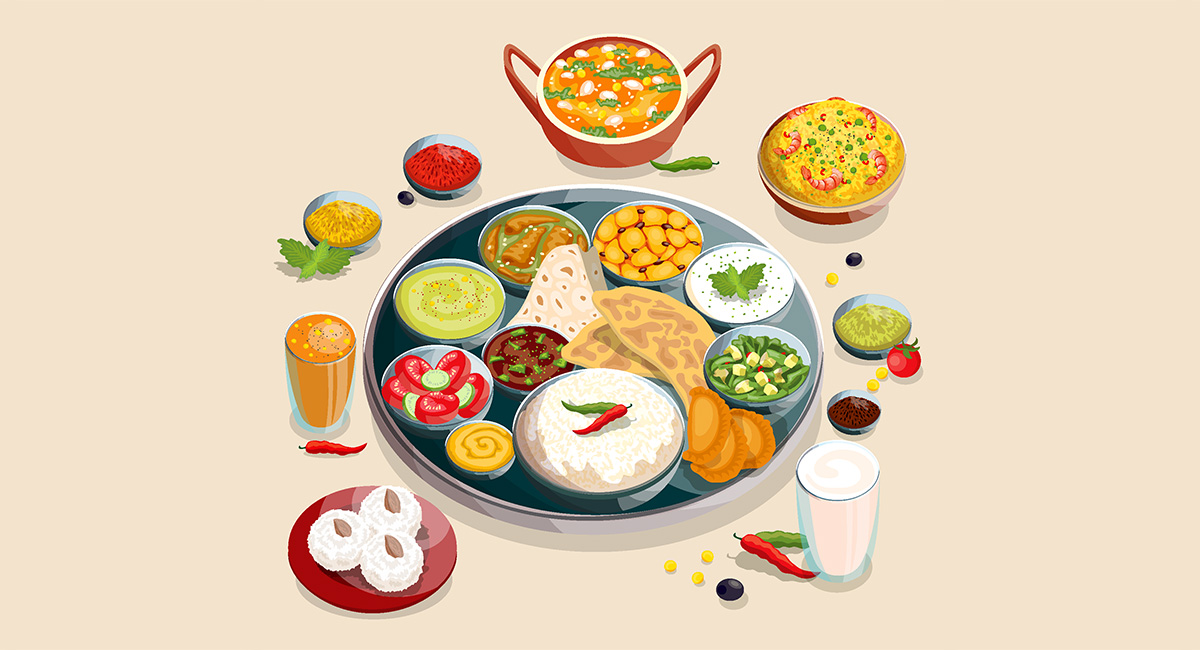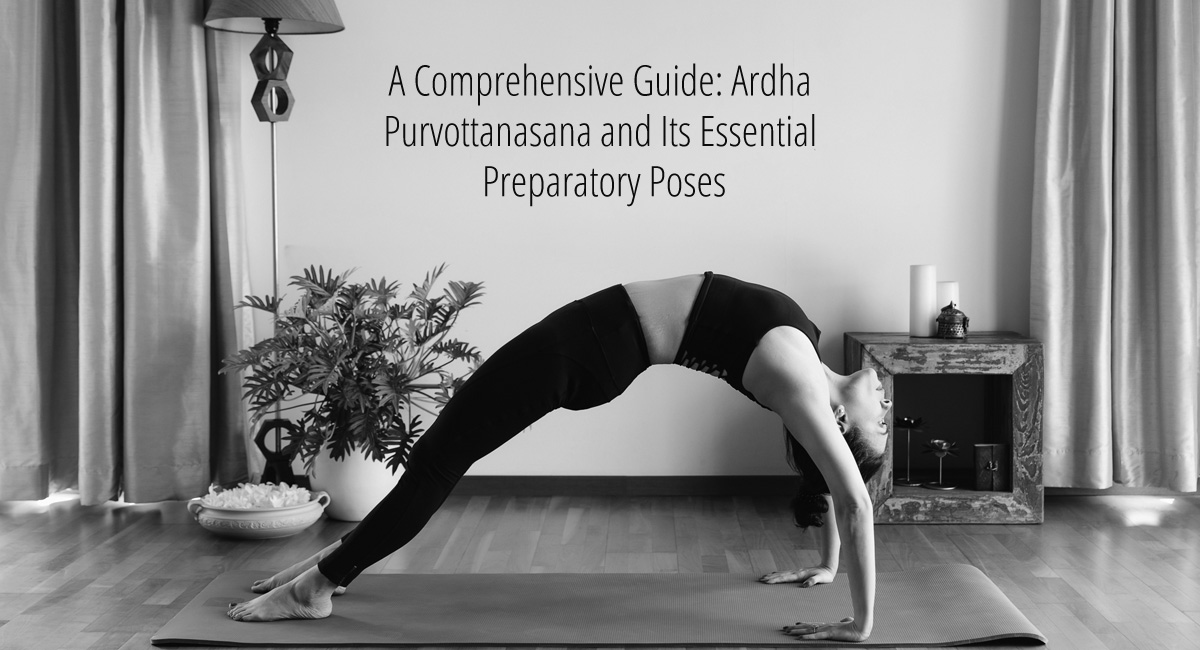
Eat to Treat: How food affects Mental Health
Think about it, you brain can only function when it is fuelled by energy you generate from food and mindful eating. You brain is constantly under pressure with the ocean of content you are consuming on a daily basis. In these times of uncertainty, it portrays constant worry apart from the ideas and planning you put to the table on a daily basis, to your surprise it speeds up functioning when we are asleep than during the day. Have you ever thought why you can’t function or feel deprived when you are overloaded with work? Do you often forget your meals when you are tied up with work? Well, your brain is not only exhausted with constant processing of information but also the nutrition you are providing, the moment in time you are allotting yourself to eat, which is also known as mindful eating. The foods you eat definitely affect how you feel. The consequences not only lie on how you eat, how to feel or behave but kinds of bacteria that are born inside your gut from the foods you consume.
According to the Harvard Health Publishing, a study by Harvard Medical School,
“Serotonin is a neurotransmitter that helps regulate sleep and appetite, mediates moods, and inhibits pain. Since about 95% of your serotonin is produced in your gastrointestinal tract, and your gastrointestinal tract is lined with a hundred million nerve cells, or neurons, it makes sense that the inner workings of your digestive system don’t just help you digest food, but also guide your emotions. What’s more, the function of these neurons — and the production of neurotransmitters like serotonin — is highly influenced by the billions of “good” bacteria that make up your intestinal microbiome. These bacteria play an essential role in your health. They protect the lining of your intestines and ensure they provide a strong barrier against toxins and “bad” bacteria; they limit inflammation; they improve how well you absorb nutrients from your food; and they activate neural pathways that travel directly between the gut and the brain.
Studies have compared “traditional” diets, like the Mediterranean diet and the traditional Japanese diet, to a typical “Western” diet and have shown that the risk of depression is 25% to 35% lower in those who eat a traditional diet. Scientists account for this difference because these traditional diets tend to be high in vegetables, fruits, unprocessed grains, and fish and seafood, and to contain only modest amounts of lean meats and dairy. They are also void of processed and refined foods and sugars, which are staples of the “Western” dietary pattern. In addition, many of these unprocessed foods are fermented, and therefore act as natural probiotics.
This may sound implausible to you, but the notion that good bacteria not only influence what your gut digests and absorbs, but that they also affect the degree of inflammation throughout your body, as well as your mood and energy level, is gaining traction among researchers.”
How to be at peace with yourself and body with a mindful based approach? According to Tara Mahadevan, Nutritionist, Psychotherapist & Eating Behaviors’ Specialist, you need to understand your hunger better, practice mindfulness while eating, ad cultivating self-compassion. “Diets help you lose weight but diets alone they don’t help you keep it off. That’s because research shows we tend to eat for a variety of reasons other than hunger. These triggers – springing from environmental, social and emotional factors — can seriously hamper one’s best efforts to maintain weight and health,” says Tara. In her subject, Body Wisdom, she has also defined the core principles which are as below,
- Identifying hunger and learning to feed each hunger emotions accordingly and how to make eating a truly pleasurable experience.
- Learning to deal with cravings and temptations under challenging circumstances and how to deal with them responsibly.
- Adopt an attitude of gratitude with each grain you involve yourself in. Learn to motivate yourself and deal with the changes you wish to see in your body.
- Strengthen your mind towards the goal and build trust with yourself and body so that you can trust yourself when it comes down to food.
Eating mindfully develops practice, to remain at peace with your dietary choices you need to play it safe. Food builds connection not only to your body, but to an entire community, irrespective of caste-creed-sex. It’s a culture that binds us all together like the ingredients in a platter; incomplete without each other. Once you are through this practice, you are a complete different self; you develop the joy and happiness within every time you take a bite, this sense of gratitude takes to another journey of feeling grateful to the daily rations we receive. This is what nutritional psychiatry argues about, you need to pay attention to your plate, and hence, the term ‘Netflix and Chill’ just doesn’t toil around here. Let us take a look at some helpful first steps,
- Distract yourself from all screens and connect to your hunger and full-feeling.
- Prefer to choose a single place while eating. Pick a corner, preferably your dining table and avoid roaming around the house during consumption. It always leaves you hungry and unsatisfied.
- Pause and Perceive. Take a glance at your plate and give the impression to your body of your presence.
- Without being judgmental, accept the emotions you go through before you eat, while you are eating, and post your meal.
- Honor meal times because your body connects with the timelines you choose
- Ensure you are indulging into foods that are local or you grew up eating because your body has independently calculated the nutrients absorption since your early childhood days or the stages of growth.
- Eat local and seasonal fruits and vegetables.
- Keeping an open mind, understand the culture of diet. Don’t deprive yourself of all foods, but don’t go overboard either. You can eat within the limit whatever is tempting you at the moment, because the more you control your emotions related to food, you end up over-indulging.
Know the world of ‘diet culture’ in this weight-obsessed world, Food with Rules is Diet:
What is the true meaning of diet? This means treating yourself to an experience where you are free to just EAT. You are not blinded by the rules of fake weight-loss promises, numerous diet recipes or weight loss tricks to name a few. Eating was never meant to be so complicated, just the basic understanding of what is enough and what makes me energized was a simple method. The frequent fasting methodologies or the idea of ‘detoxing’ to ‘severe weight loss’ is turning the table around leading to mood swings, and other mental health issues. With the inspiration of being happy with having a perfect body is leaving us with delusions; choice of ‘good or bad food’. It is developing a sense of guilt within and is not allowing us consuming the nutrition we deserve. The problem is that we forgot the way we grew up, the way our parents nourished us with food. The idea developed in these times; immunity with each yoga poses; golden milk at night which was there all along before our ancestors were born. Do you get my point? You cannot tie yourself with the regulations like you have to eat every 2 hours-every 4 hours-every 8 hours-binge weekends-cheat days etc. Who are such people who are making these rules? We are becoming delusional with the choice of food the celebs are making. Too good to be true? We have forgotten what it feels like to just eat instead of counting calories with each bite we take. Can’t we all trust our bodies without feeling guilty about that extra inch?
How can we maintain body wisdom and body positivity?
- Eat out of choice rather than compulsion. When there are no cheat days left, you are eating what you desire breaking all rules.
- Prepare-Order-Eat depending on how hungry or full you are.
- Eat and devour even though you are not hungry. This connects you to your emotional wellbeing.
- Get rid of that weighing scale and unfollow social media accounts which is restricting you to connect with your spiritual well-being with having perfect shapes and sizes. What is perfect by the way? Who defines perfect? All of us have that imperfectness within us; can’t we all accept what we are being gifted with, be honest with ourselves and move on? Because, when you develop a loving relationship with our body, it supports you in the times you need the most.
1500 words of timeless advice on how to eat well and mindfully. The quotes below all point to the same idea: eating with each grain in your mind is good for your mental and physical health. You could hang up this handout on your refrigerator for inspiration!
“When walking, walk. When eating, eat.” rashaski · Zen Proverb, not to miss out on the last but the most famous one, “One cannot think well, love well, sleep well, if one has not dined well,”
Virginia Woolf

I am a Pune based artist, Kathak dancer, Dance Movement Therapist, and an avid Yoga practitioner/ teacher. I am also the Director at the Sakal Media Group, a Trustee of Pune Blind School and Nirdhar Trust.
Being a part of Sakal Media Group, with its strong foundation of service and ethical journalism, I am deeply committed in making this world a better place by pushing boundaries, giving opportunities to others, following my convictions, helping others make better choices and to tell powerful stories that will help reshape the world we live in.





